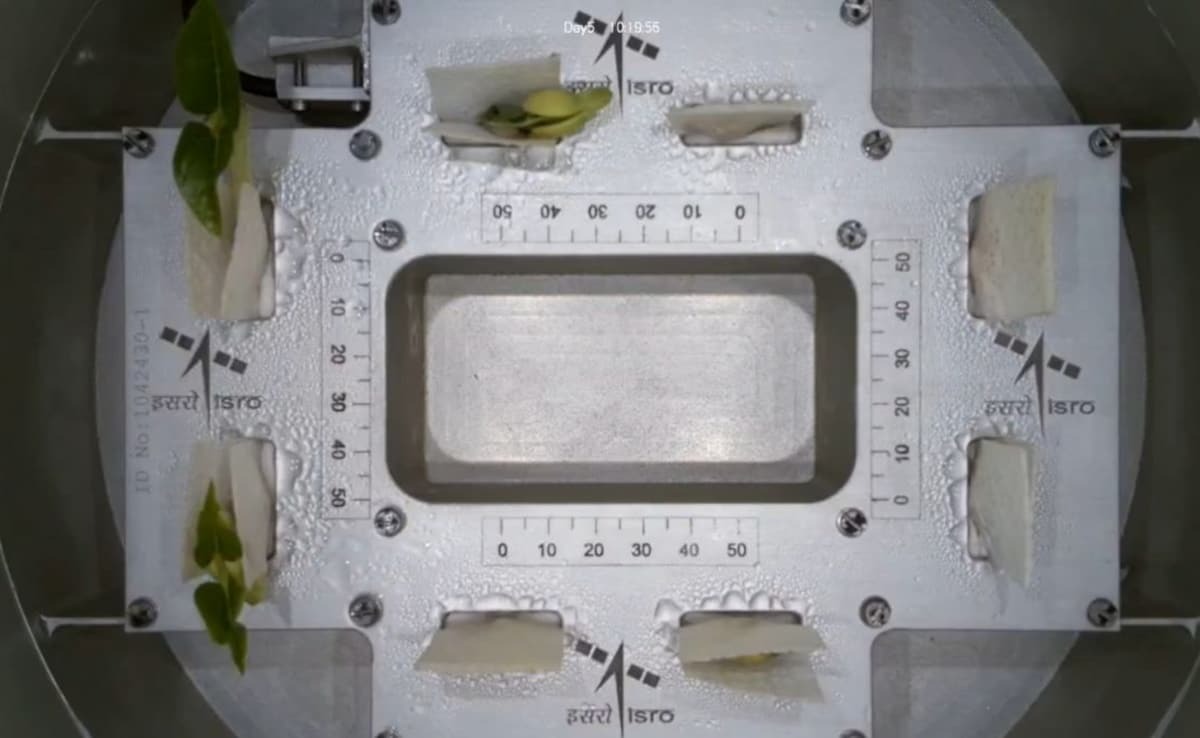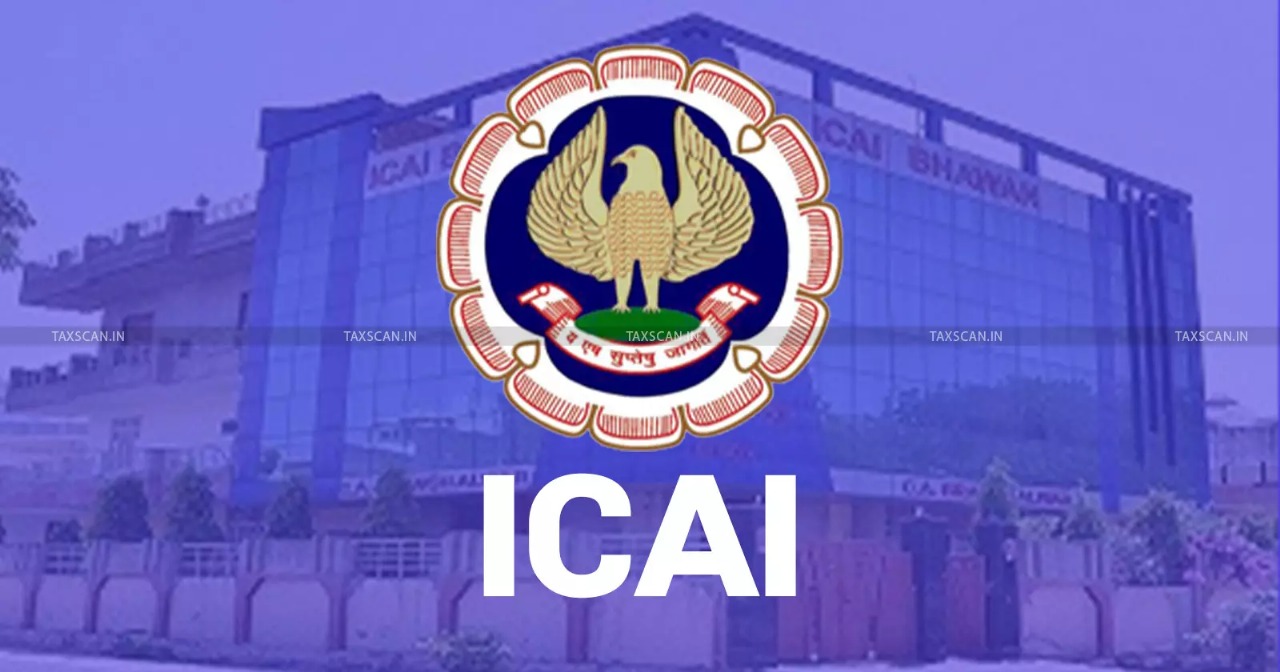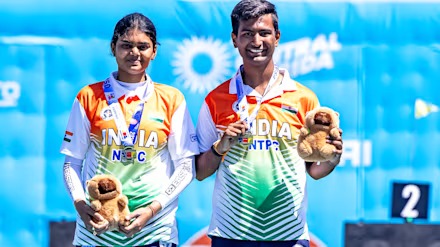
Follow WOWNEWS 24x7 on:
Updated: July 09, 2025 05:38

India’s space science ambitions have reached a new frontier as astronaut Shubhanshu Shukla, part of the Axiom Mission 4 aboard the International Space Station (ISS), conducts a suite of pioneering experiments in microgravity. From sprouting methi to decoding muscle degeneration, these studies—developed by ISRO in collaboration with NASA and Axiom Space—aim to unlock critical insights for long-duration space missions and terrestrial health applications.
Key Highlights From The Mission
- Seven Indian-led experiments are underway aboard the ISS, covering plant biology, muscle regeneration, microbial life, and human perception
- The mission marks India’s first direct contribution to space-based biomedical research and sustainable agriculture
- Experiments are designed by top Indian scientists including Dr Ravikumar Hosamani, Dr Kumaran Sreejalekshmi, and Dr Sharmila Bhattacharya
- Results will inform future missions to the Moon, Mars, and India’s planned space station by 2040
Sprouting Nutrition In Orbit
- The “Sprouts” experiment involves germinating fenugreek (methi) and green gram (moong dal) seeds in microgravity
- These nutrient-rich crops are being studied for their viability as space food and their impact on bone density, cardiovascular health, and immunity
- Seeds will be returned to Earth for microbial and genetic analysis to assess growth patterns and nutritional retention
Crop Seeds And Space Farming
- Led by IIST Kerala, the “Crop Seeds on ISS” study exposes Indian crop varieties to space conditions
- Post-mission analysis will evaluate germination rates, cellular changes, and resilience to radiation
- The goal is to develop region-specific agricultural protocols for extraterrestrial environments
Cyanobacteria And Microalgae For Life Support
- Two experiments focus on cyanobacteria and microalgae, known for oxygen production and nutrient density
- These organisms are being tested for their role in environmental control and life support systems aboard spacecraft
- Microalgae may also serve as biofuel and dietary supplements for astronauts
Myogenesis: Muscle Regeneration In Microgravity
- The “Myogenesis” study uses 3D muscle stem cell cultures to examine how microgravity impairs muscle repair and mitochondrial function
- Findings could lead to new treatments for muscle-wasting diseases, age-related degeneration, and astronaut health during deep-space missions
- Supplements and gene expression data will be analysed to identify potential countermeasures
Visual-Motor-Spatial Adaptation
- This experiment tracks changes in astronauts’ visual perception and coordination using digital interfaces
- Subtle shifts in motor control and spatial awareness are being monitored to improve human-computer interaction in space
- Results may influence spacecraft UI design and training protocols
Tardigrades And Extremophile Biology
- A separate study involves tardigrades—microscopic organisms known for surviving extreme conditions
- Their behavior, reproduction, and gene expression in space will be compared to Earth-based controls
- Insights may help develop radiation-resistant biomaterials and astronaut protection strategies
Outreach And Legacy
- ISRO is conducting live science demonstrations aboard the ISS to inspire students and the public
- The experiments reflect India’s growing role in global space biology and its commitment to collaborative science
- Dr Sharmila Bhattacharya, a NASA biologist with deep ties to India, praised the mission as a model for international cooperation
Sources: NDTV, The Tatva, Sankhya Academy, Gadgets360, Tribune India, Astrophile Talks, ISRO, NASA, Axiom Space, Indian Institute of Space Science and Technology (IIST) Kerala



